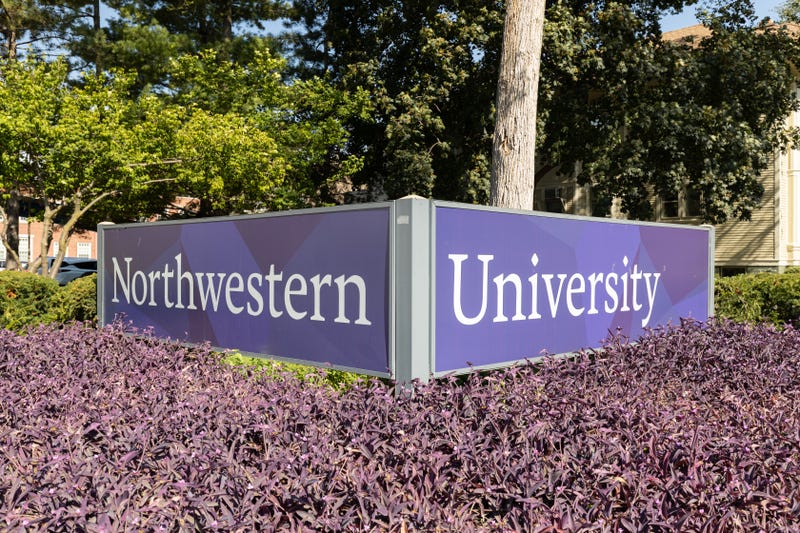
Researchers at Northwestern are sounding the alarm about the rise of fake scientific papers.
A study by researchers at Northwestern University in Evanston found that the number of fraudulent scientific papers appears to be doubling every year and half as criminal organizations capitalize on people who are willing to pay to raise their professional stock and perceived credibility.
The study's senior author, Professor Luis Amaral, says what he and his team found was "incredibly worrisome and threatening to the entire scientific enterprise," adding that some people can pay a few hundred or few thousand dollars to buy papers and citations without actually doing any of the work.
"There is no way that honest scientists can compete against this fraud and it could really ruin the entire scientific enterprise if we don't do anything about it," says Amaral.
According to Amaral, millions of dollars are involved in the process, and in order to fight the rise in fraudulent scientific papers, those who work in science must do a better job of policing it and holding the bad actors including scientists and publishers accountable.
"Science to work, requires trust. If I'm working on some problem, I will go and consult the scientific literature. The assumption that I can trust what I read. If every other paper out there is a fraudulent paper, I will not be able to trust anything so I will have to start everything from scratch, and science as it has existed for hundreds of years is going to stop to exist," explains Amaral who also points out that artificial intelligence will likely make the problem of fraudulent scientific papers even worse.
